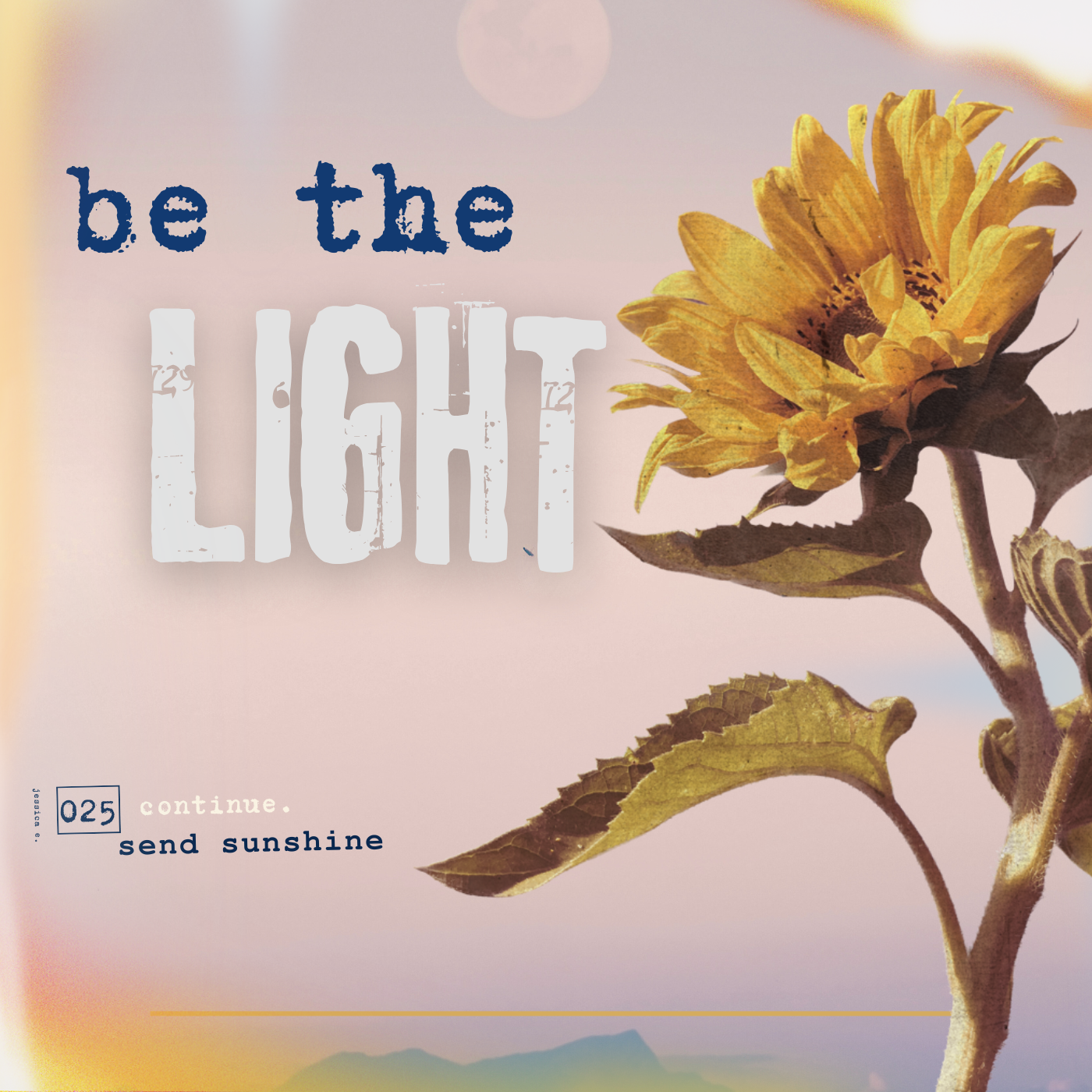Hey hey, I’m back! Today’s bit is brought to you by the bright, bold, brave, brash, boastful, benign, bighearted (and bipedal)… brother of mine. And he has assigned the topic…
Blindness
One of the most fascinating bits of science documentary I ever absorbed was an experiment with regards to total blindness in individuals who suffered a dysfunction of the eye but whose visual cortex (in the brain) was intact, meaning they were equipped to interpret sight but not to gather the light to start with.
They were equipped with headgear featuring a camera, headphones and some software which performed this little trick:
The incoming video was converted into sound as follows: An array of musical notes played simultaneously at constant repeating intervals. Each tone referenced a row running across the video frame; the highest tone representing the top row; the lowest at the bottom. Each wave of sound in terms of its duration measured the row running left to right for each tone. The tone for a given column sounded softer or louder as it panned, in accordance to dark or light. Thus each brief wave of sounds referenced every (albeit course) pixel In the moving image. The sounds were delivered to the subject’s ears through the headphones.
And that’s it. There was no key; no primer; nothing to inform the brain what was being attempted.
The subjects would train by holding an apple in hand for instance, feeling the apple while their headgear camera filmed it.
Magnificently… amazingly… the brains of many of the subjects caught on. Using these devices the subjects gained rudimentary sight. They saw shapes and shadows.
Their brains made observations, recognized patterns and spontaneously put their visual cortex back to work. The brain assumed there was a problem that needed to be solved and of its own accord, it adapted in order to solve it.
These days they are working with neural implants instead of soundtracks to relay visual information but the science still has a long way to go in terms providing any rich degree of visual detail.
The original experiment, though, provides vital evidence that humanity has the capacity to evolve quickly, given the opportunity.










































3 comments:
This is fascinating. I have poor eyesight but it corrects easily enough with glasses. I am grateful for those. There is much about the brain and our bodies that we don't know yet, as this experiment shows.
This is also fascinating to me. Before I was out of my preteens, I was classified as legally blind. Fortunately, so far, glasses have worked for me, but I fear that one day, they will run out of prescriptions for me. Hoping this research will lead to something that will help all with really serious vision problems. Alana ramblinwitham.blogspot.com
I never cease to be amazed at the capacity of our brains how very little of that capacity most of us use.
Post a Comment